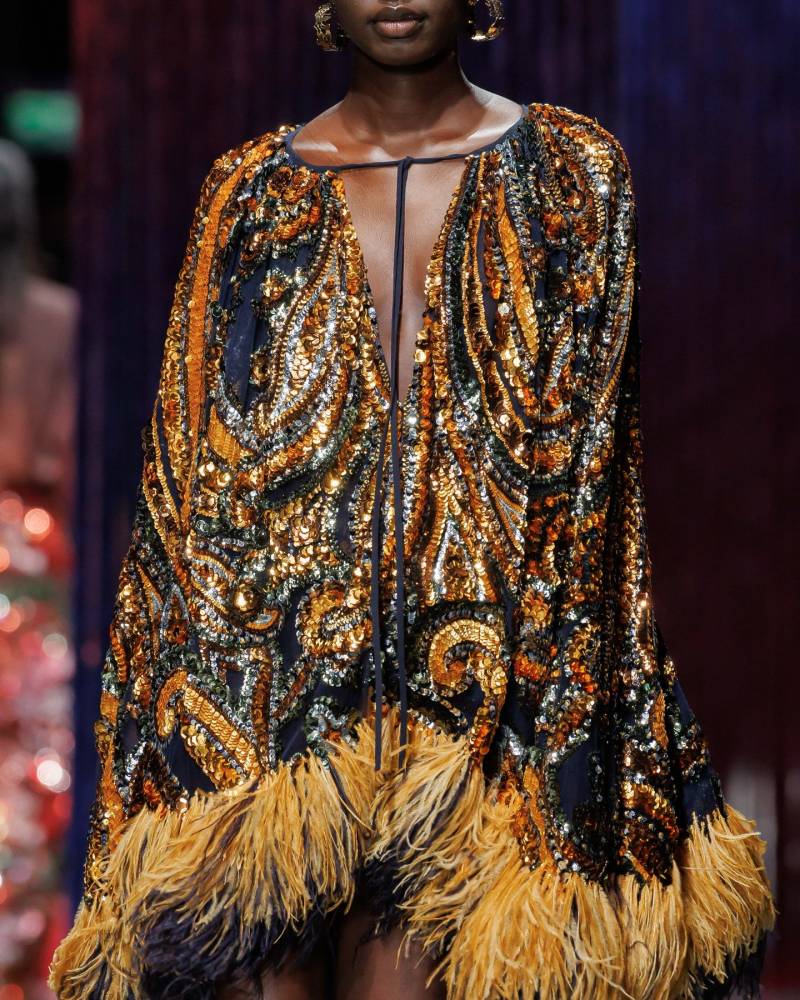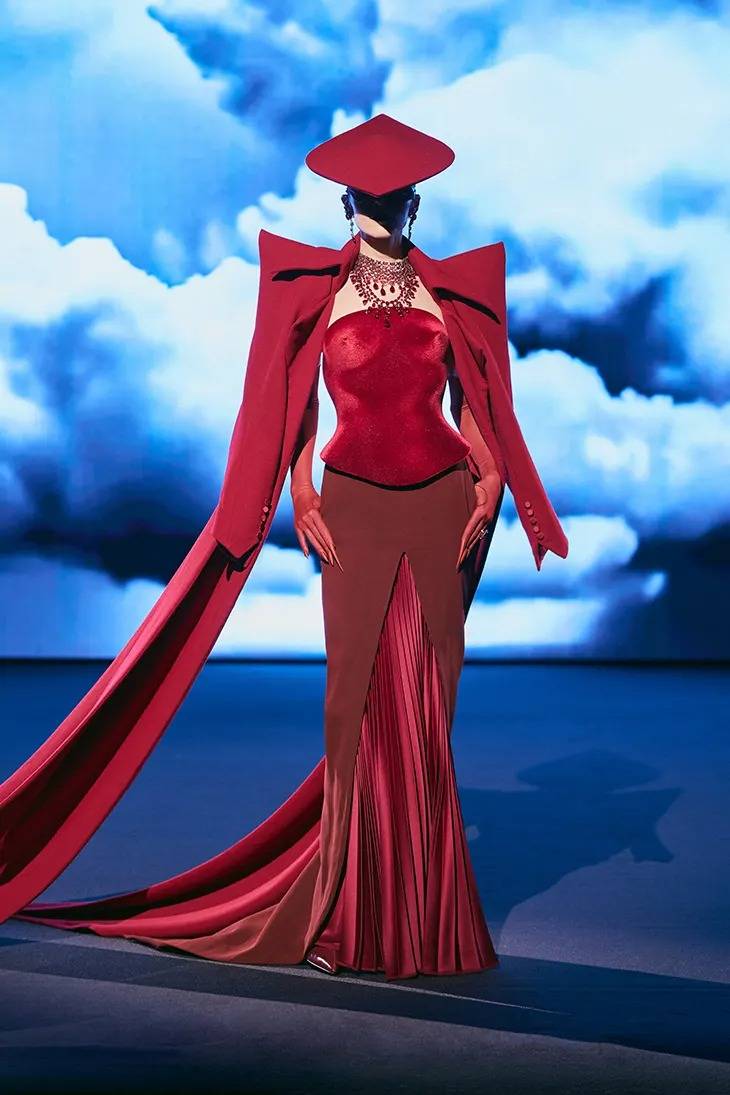Join Dita Amory, Robert Lehman Curator in Charge, and Ann Dumas, Consulting Curator of European Art at The Museum of Fine Arts, Houston, to virtually explore Vertigo of Color: Matisse, Derain, and the Origins of Fauvism. Over an intense nine weeks in the summer of 1905 in the modest fishing village of Collioure on the French Mediterranean, Henri Matisse and André Derain embarked on a partnership that led to a wholly new, radical artistic language later known as Fauvism. Their daring, energetic experiments with color, form, structure, and perspective changed the course of French painting; it marked an introduction to early modernism and introduced Matisse’s first important body of work in his long career. This exhibition, which is co-organized by The Metropolitan Museum of Art and the Museum of Fine Arts, Houston, emphasizes as never before the legacy of that summer and examines the paintings, drawings, and watercolors of Matisse and Derain through sixty-five works on loan from national and international museums, including Musée National d’Art Moderne, Centre Pompidou; National Galleries of Scotland; National Gallery of Art, Washington, D.C.; San Francisco Museum of Modern Art; and the Museum of Modern Art, New York; as well as private collections. With this new direction in painting, Matisse and Derain manipulated color in radical ways—nature took on hues responding to the artists’ sensations rather than reality. At the Salon d’Automne in 1905, when Matisse and Derain unveiled their controversial canvases, a prominent French journalist labeled them “les Fauves,” or wild beasts.

Related article - BALMAIN: THE STOLEN COLLECTION!

Met Exhibitions



